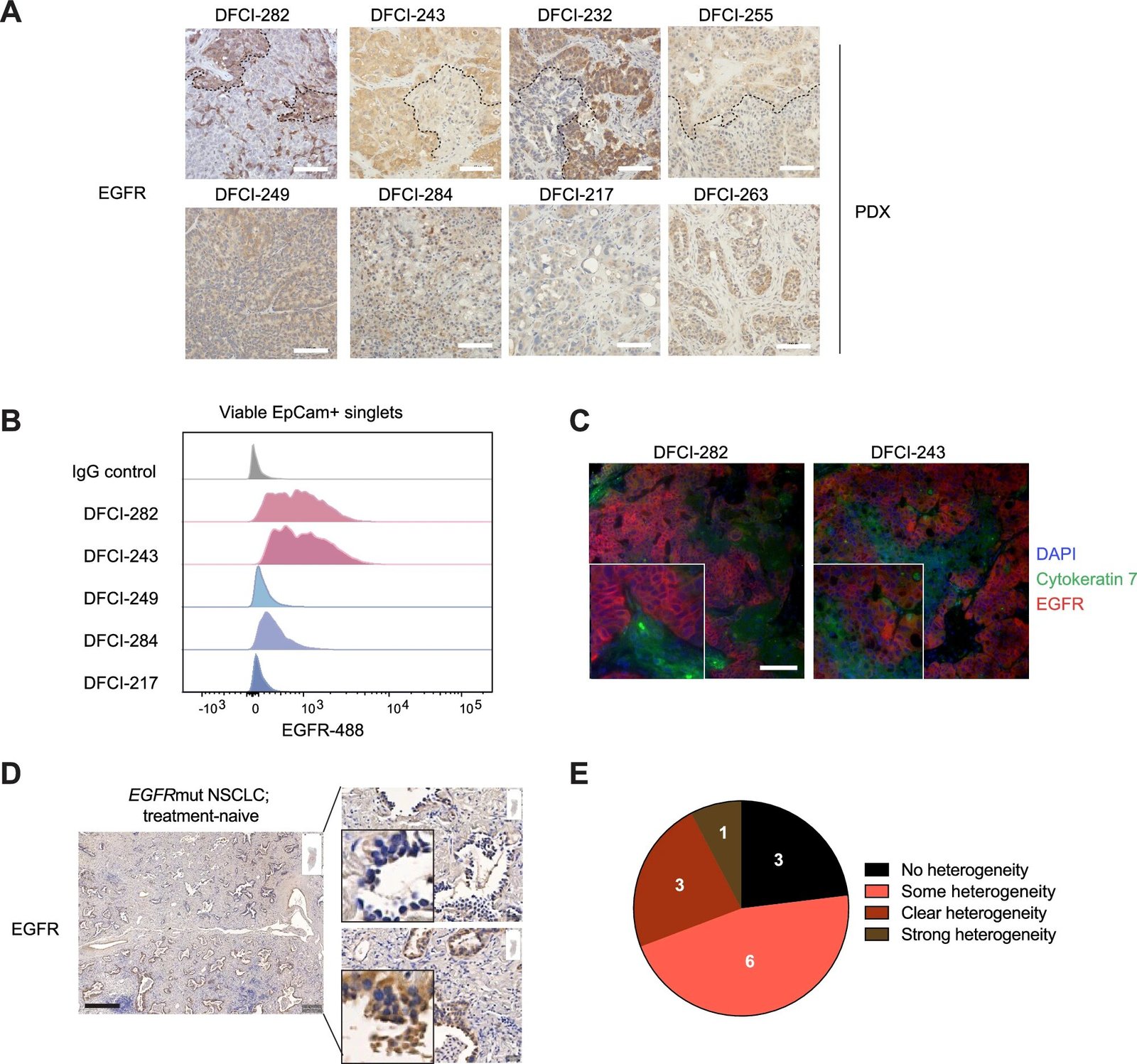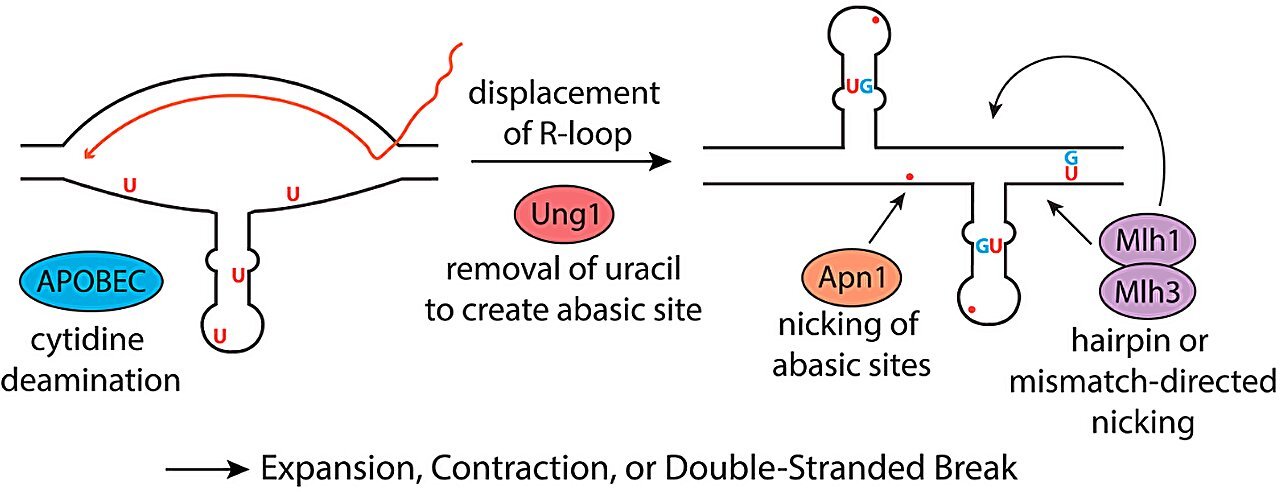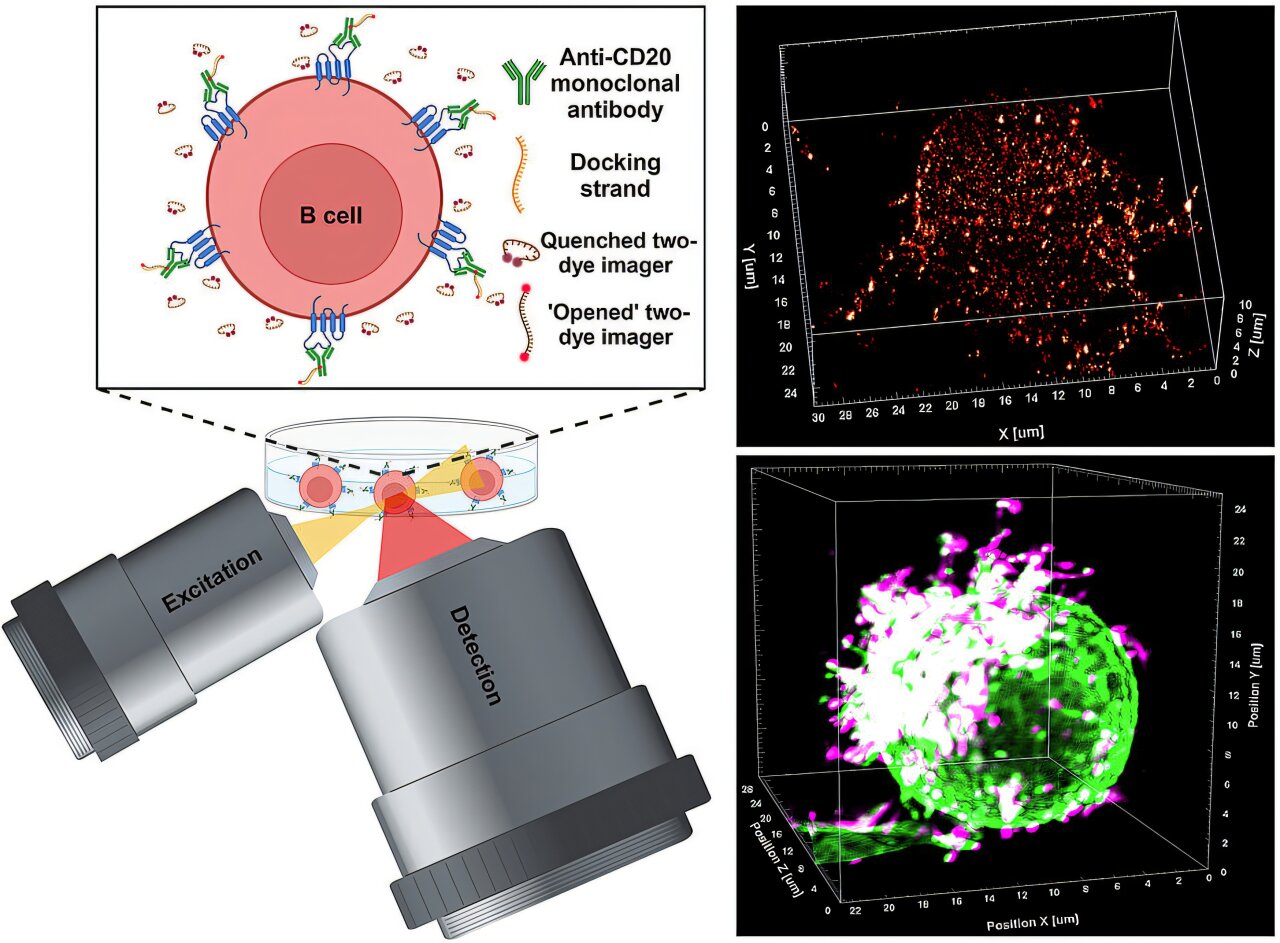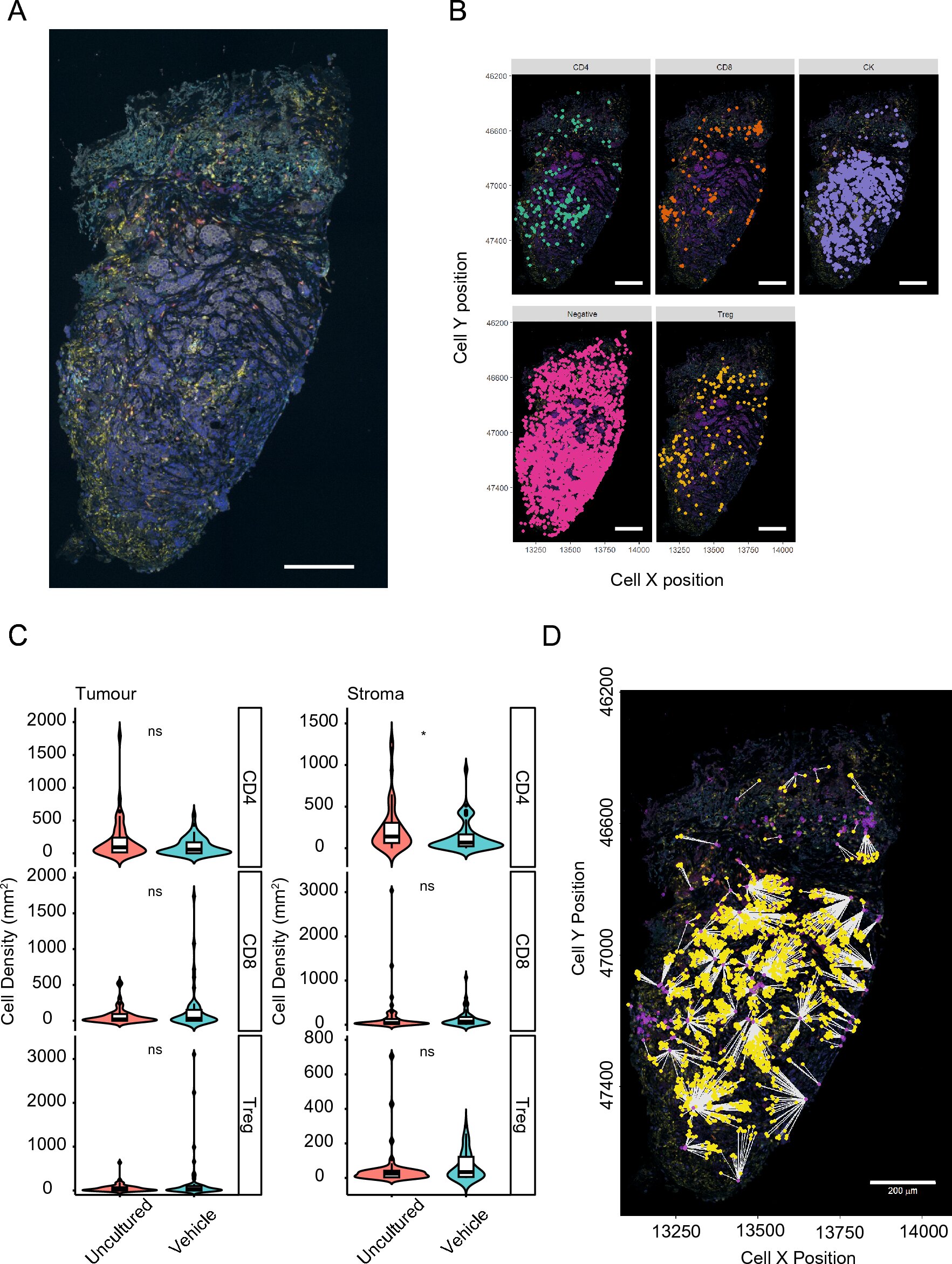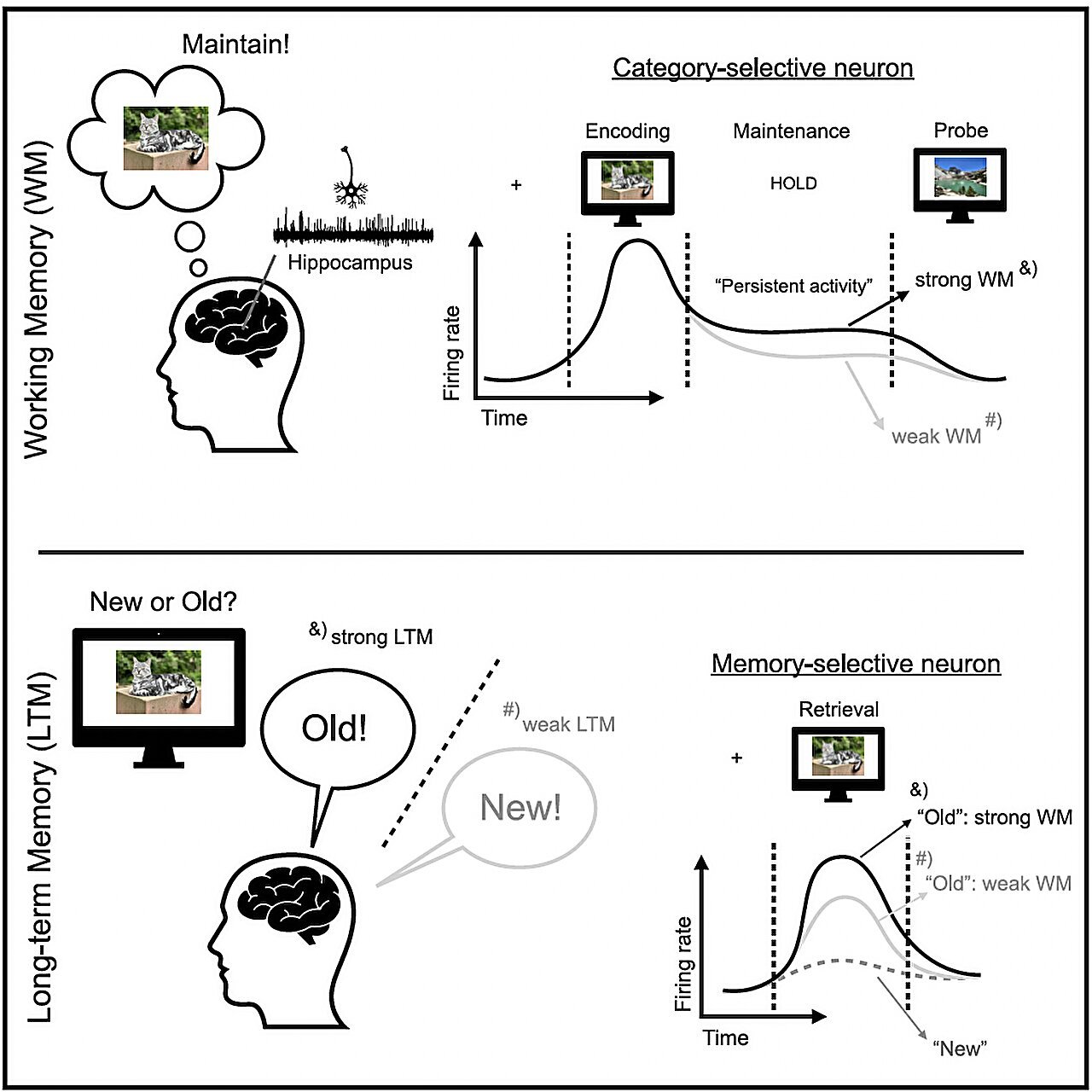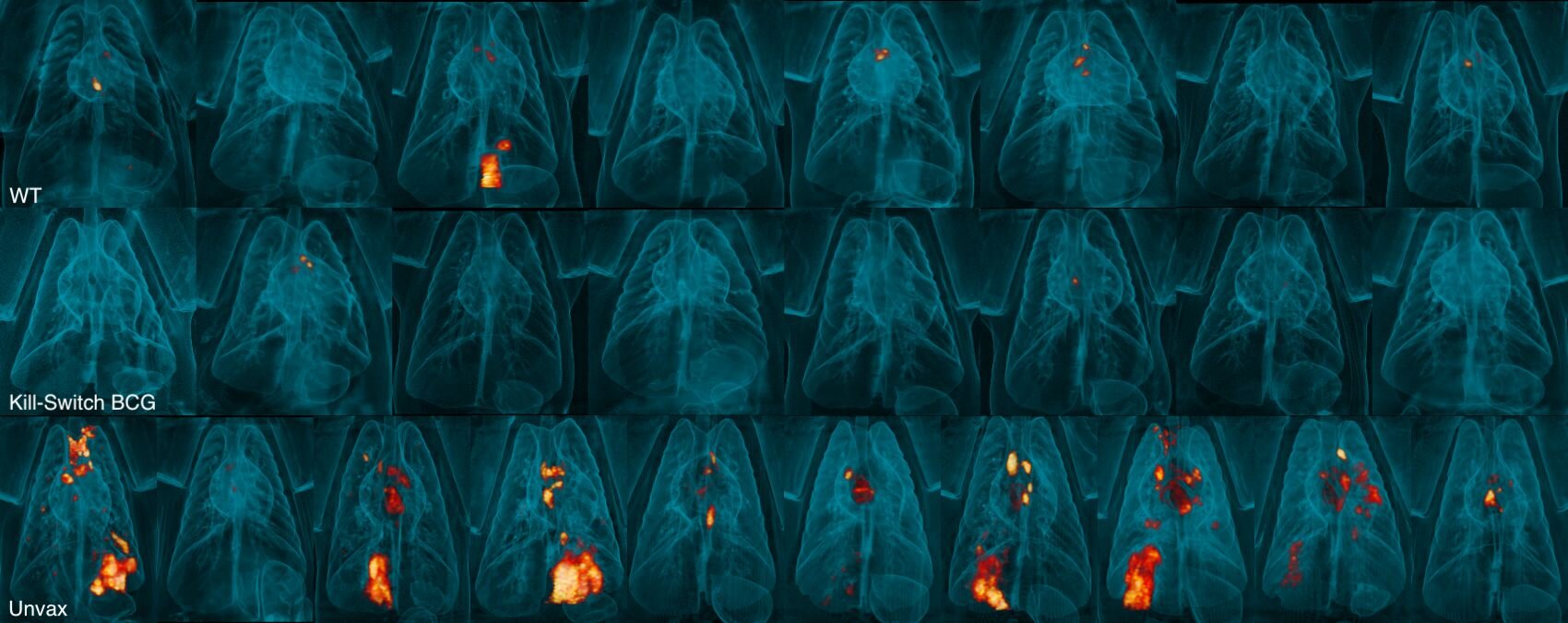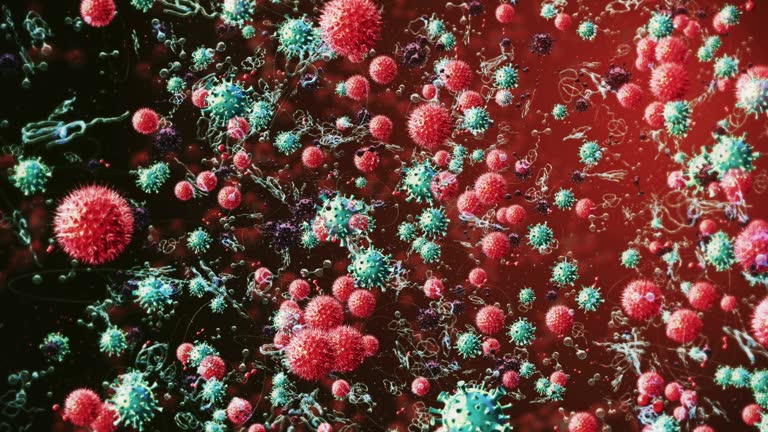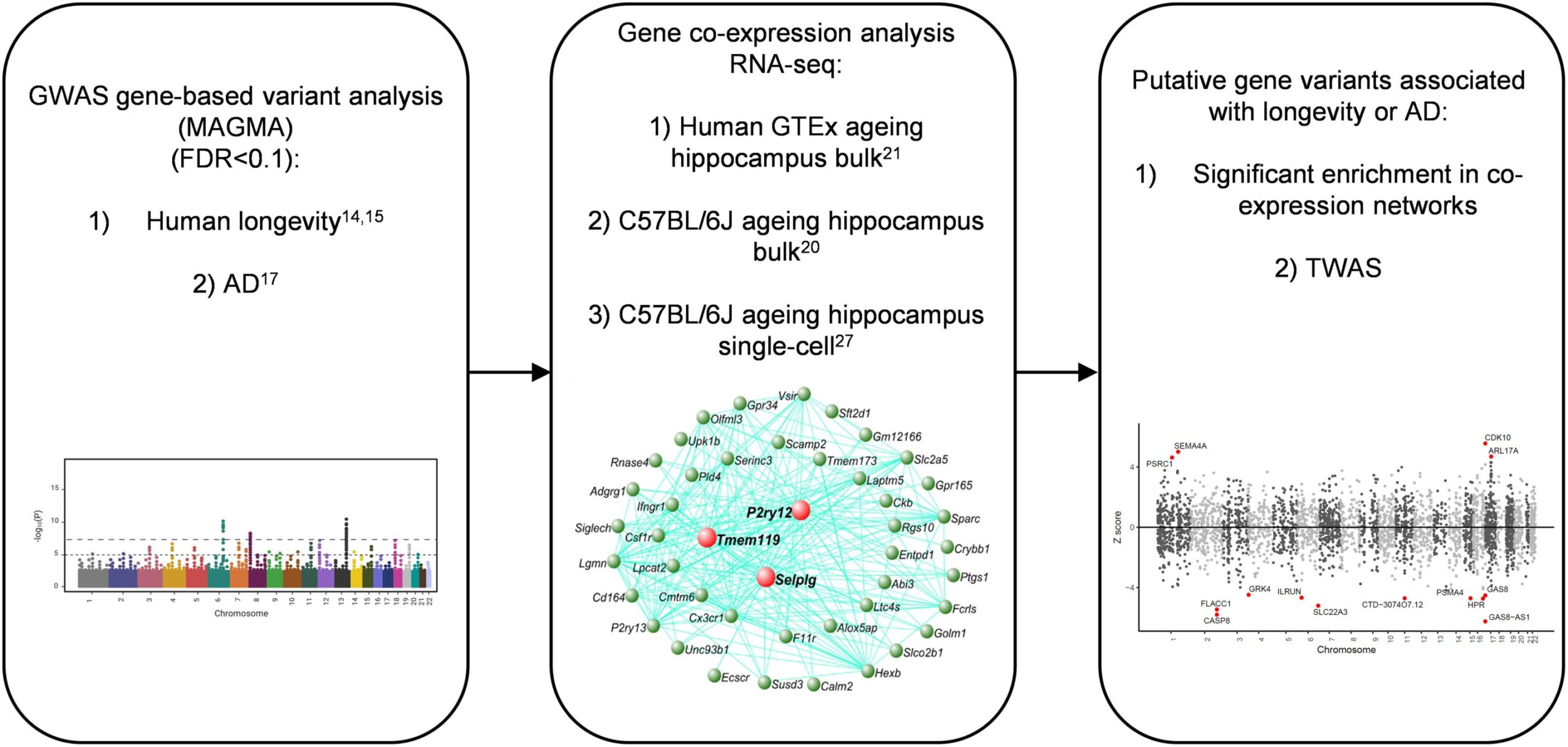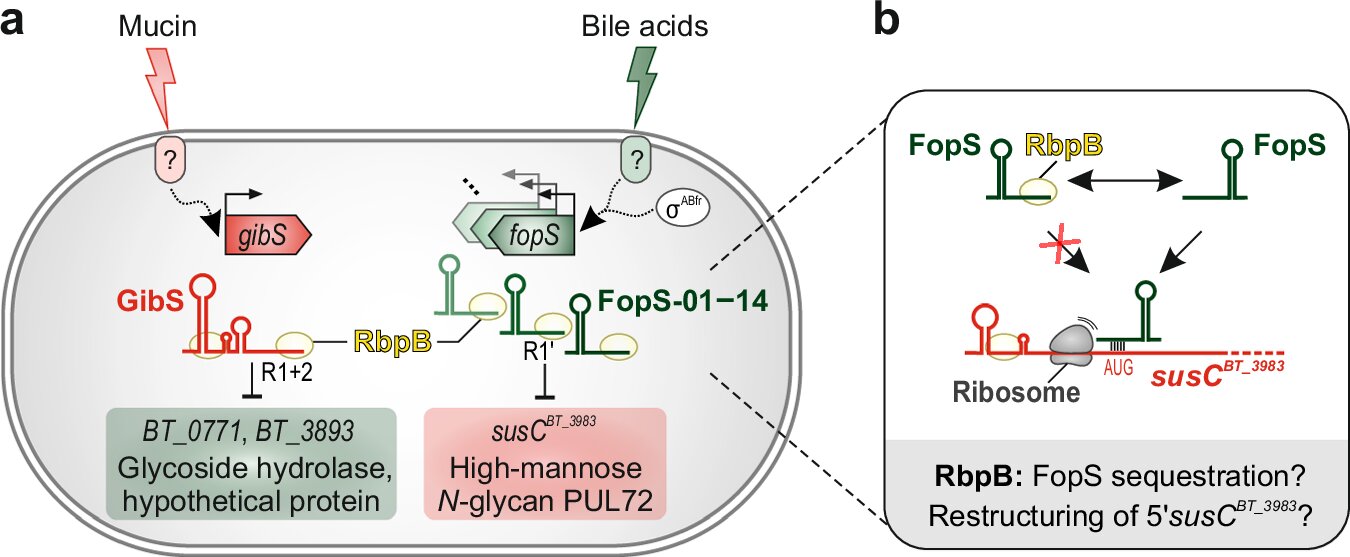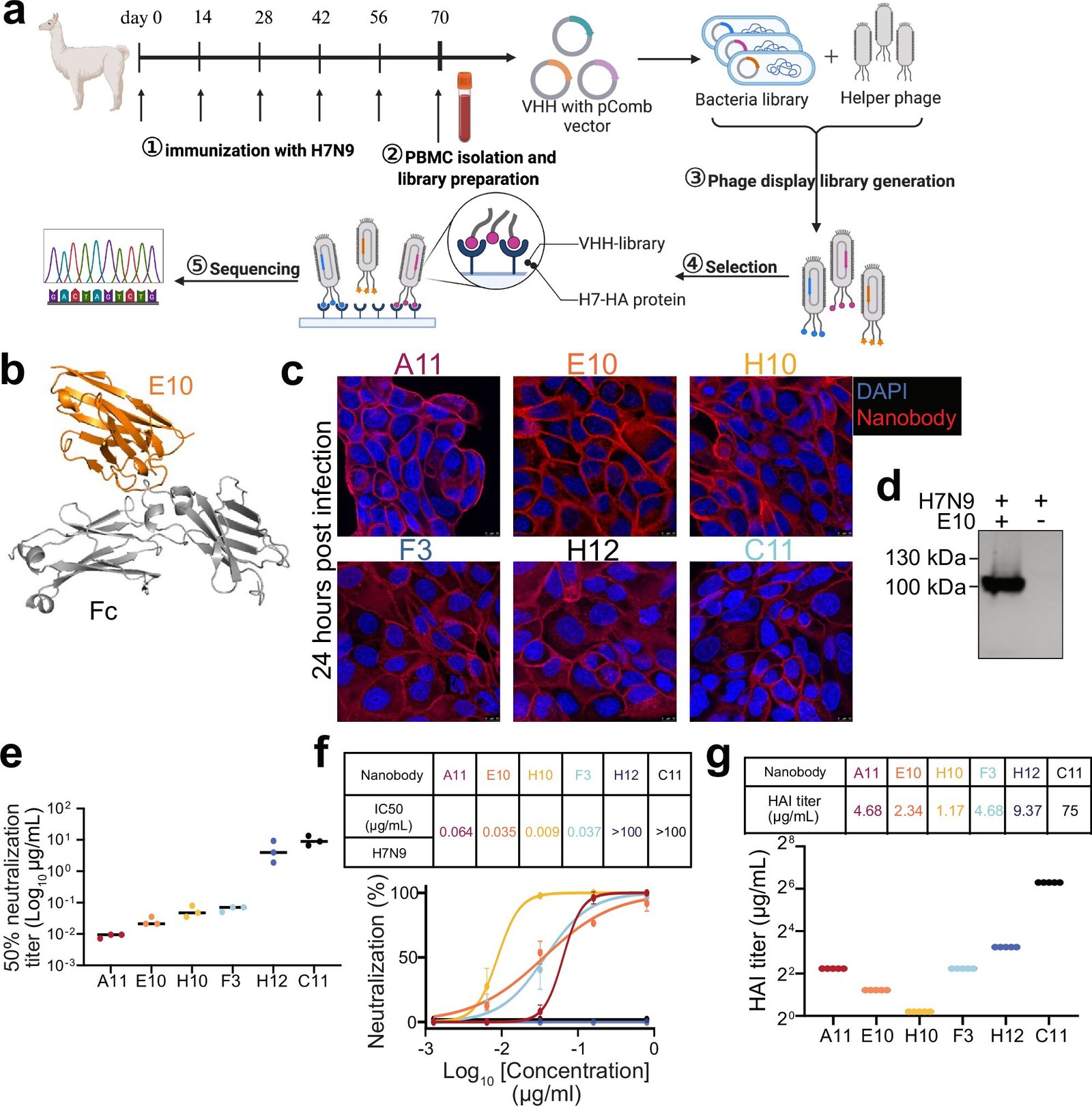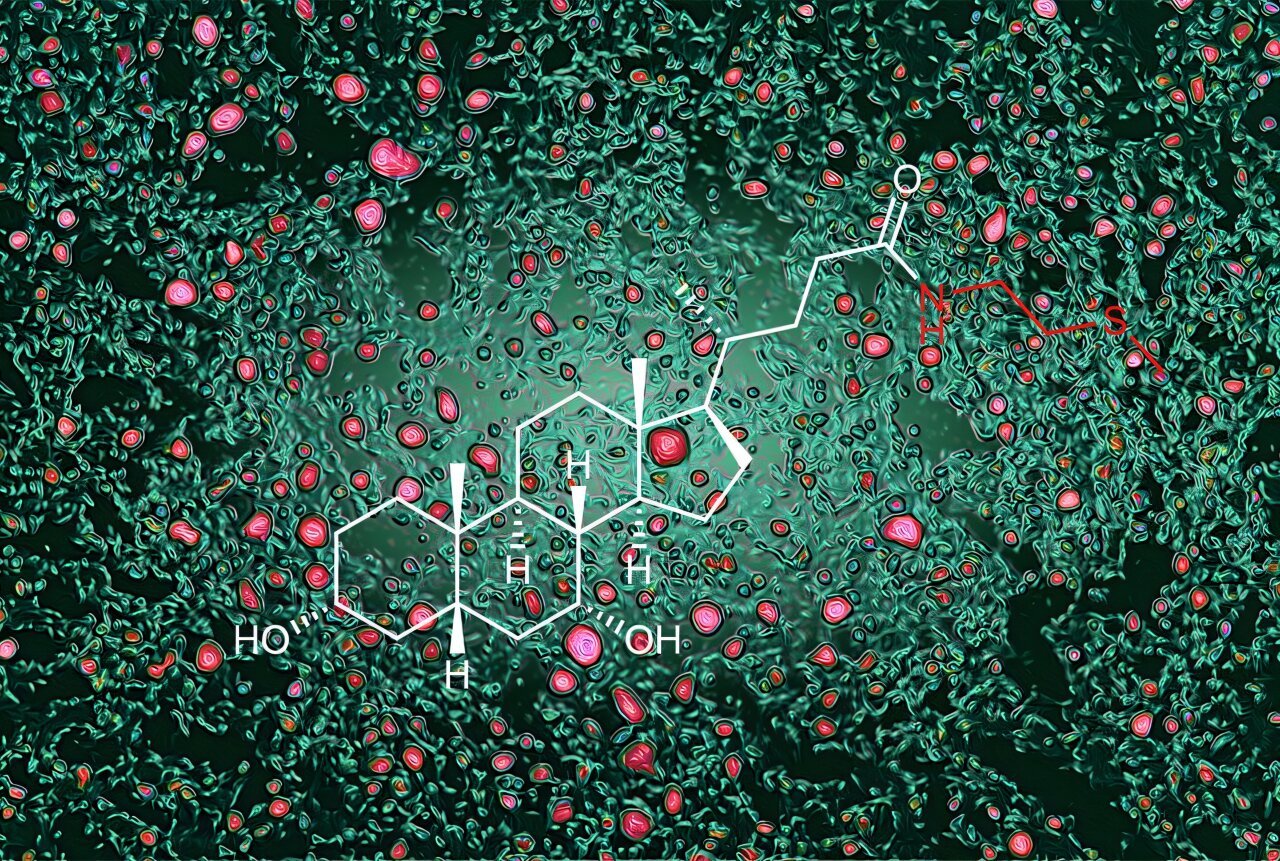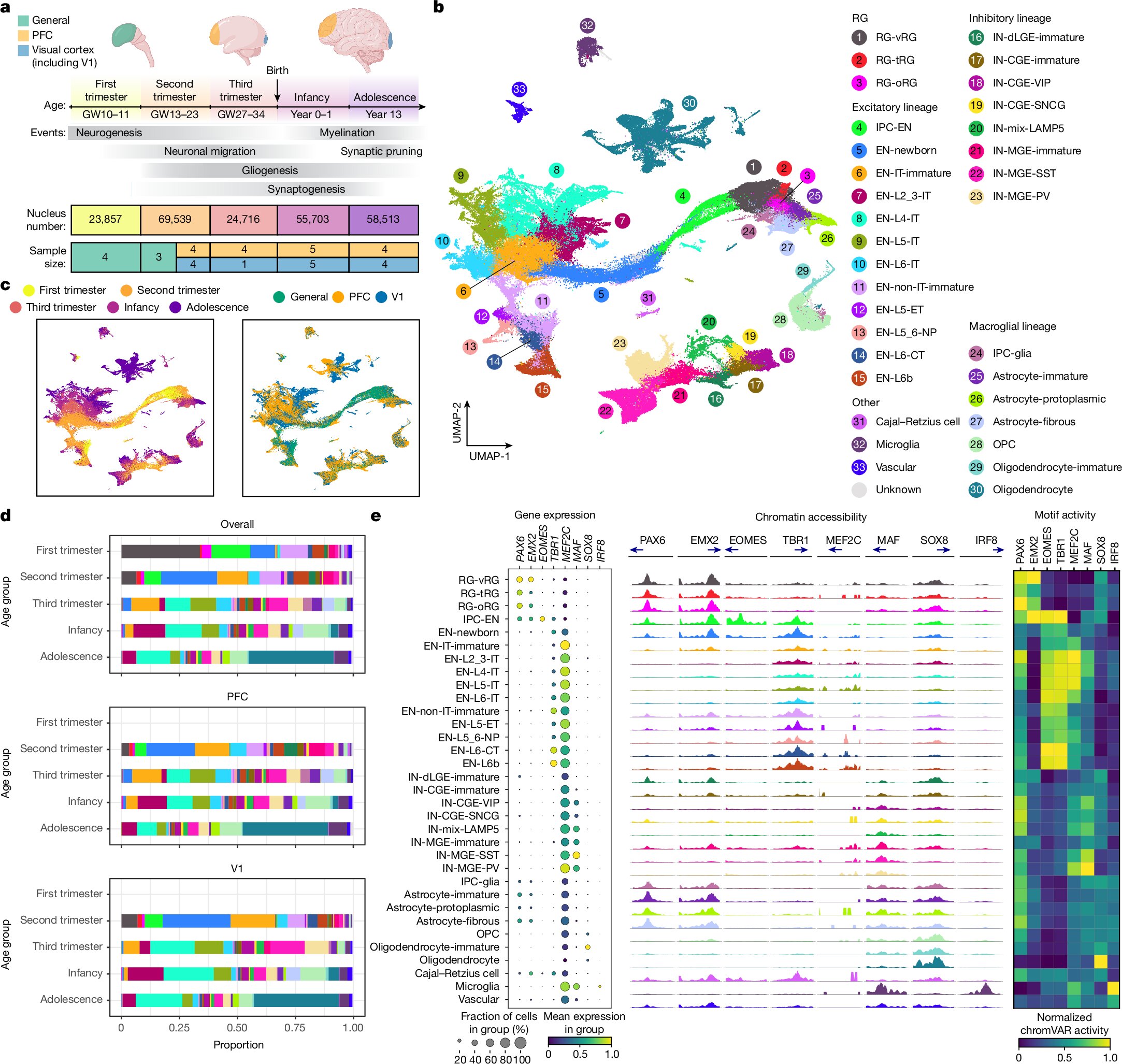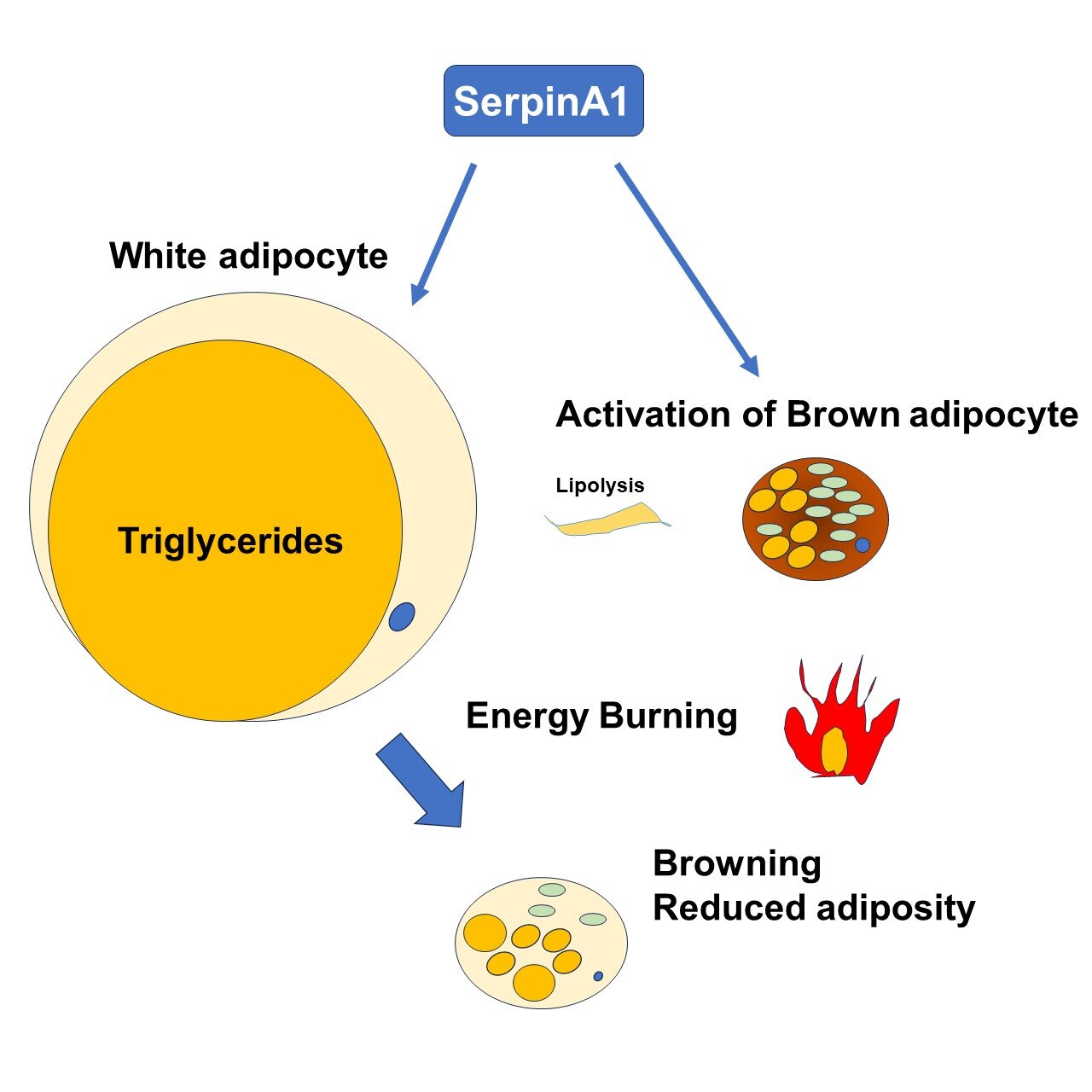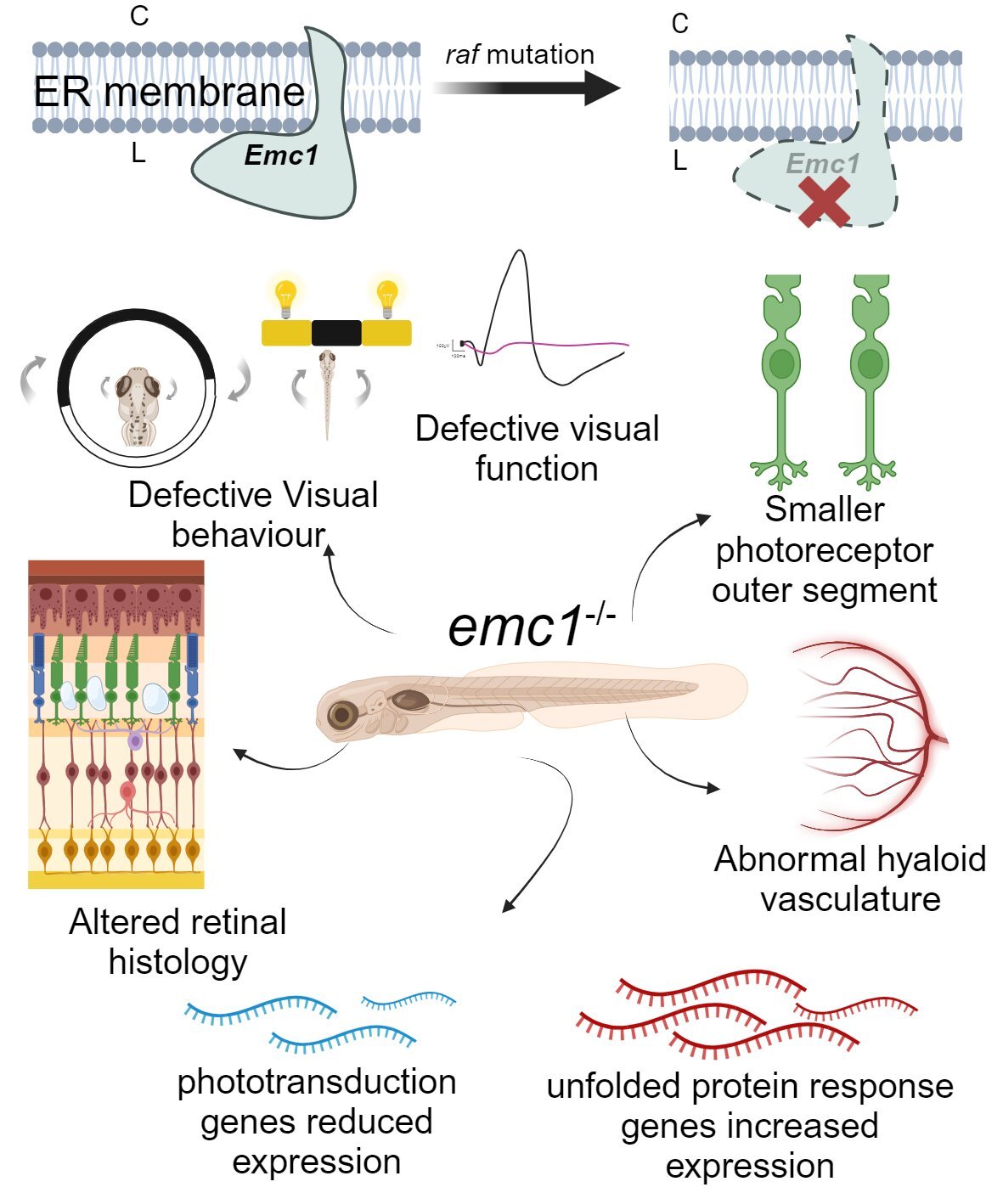A recent study published in Nature Communications uncovers how drug-resistant cancer cells trigger changes in the tumor microenvironment, a phenomenon that contributes significantly to cancer recurrence. The findings offer an…
Category: Medical
APOBEC Proteins Drive Repeat Expansions in Huntington’s Disease
Huntington’s disease is a neurodegenerative disorder that leads to the gradual deterioration of movement, mood, and cognitive abilities. This genetic condition affects people worldwide and tends to progress slowly over…
Study Uncovers How Fiber Digestion Influences Gene Expression and Combats Cancer
Fiber is a crucial component of a healthy diet, widely known for promoting digestive health and maintaining regular bowel movements. However, despite its importance, less than 10% of Americans consume…
Super-Resolution Microscopy Reveals Novel Mechanisms of Therapeutic Antibody Action in CLL
Chronic lymphocytic leukemia (CLL) is a type of blood cancer characterized by the uncontrollable growth of B cells, which are a vital part of the immune system. These cells proliferate…
Patient-Derived Explant Technique Improves Breast Cancer Treatment Prediction
Cancer researchers at the University of Leicester have developed a breakthrough technique that could significantly improve the way we predict how breast cancer patients respond to chemotherapy and antibody-directed cancer…
Neural Overlap Between Working Memory and Long-Term Memory Revealed in Hippocampus
Working memory (WM) and long-term memory (LTM) are two essential aspects of human memory, each serving different cognitive functions. Working memory is responsible for temporarily storing and processing information crucial…
Self-Destructing IV BCG Vaccine Offers Enhanced Protection Against Tuberculosis in Macaques
A novel approach to tuberculosis (TB) vaccination has shown promising results in research conducted by the University of Pittsburgh, suggesting an advanced method with an added layer of safety while…
Asymmetric Centrosome Inheritance Directs Effector and Memory T Cell Differentiation
A recent paper published in Cell Reports by the Oxenius group at the Institute of Molecular Biology (IMB) has uncovered an intriguing aspect of immune cell behavior, specifically focused on…
Blood Immune Cell Changes Identified as Potential Parkinson’s Disease Biomarker
Recent developments in the quest for a blood biomarker to diagnose and monitor Parkinson’s disease have brought researchers one step closer to personalizing treatment and improving the lives of those…
How Retinal Nerve Cells Work Together to Improve Vision
The process of optical information processing in the retina of the human eye is incredibly energy-intensive, especially when considering the relatively low weight of the retina. The retina plays a…
Genetic Differences in Brain Cells Influence Aging and Alzheimer’s Risk
Researchers at University College London (UCL) and the UK Dementia Research Institute (UK DRI) have uncovered significant genetic differences that influence both lifespan and the risk of developing Alzheimer’s disease.…
RNA-Binding Protein RbpB and FopS sRNAs Regulate Sugar Metabolism in Bacteroides thetaiotaomicron
Researchers at the Helmholtz Institute for RNA-based Infection Research (HIRI) and the Julius-Maximilians-Universität (JMU) in Würzburg have made groundbreaking discoveries regarding how gut bacteria regulate sugar metabolism, providing a more…
E10 Nanobody Shows Promise in Protecting Against Diverse Influenza Strains
Researchers from the University of Gothenburg, Sweden, have recently made a groundbreaking discovery in the field of immunology that could revolutionize the treatment and prevention of influenza. Collaborating with colleagues…
Gut Microbes and the Body Collaborate to Fine-Tune Fat Metabolism Through Bile Acid Regulation
The human body has evolved alongside a vast community of microbes that reside in the gut, a relationship that plays a crucial role in the digestion of food, absorption of…
Identifying Molecular Drivers of Exceptional Responses to Immunotherapy in Metastatic Renal Cell Carcinoma
Metastatic clear cell renal cell carcinoma (mccRCC) is a particularly aggressive and difficult-to-treat form of kidney cancer. Traditionally, treatment options for mccRCC have been limited and often less effective, making…
Study Reveals Dietary Factors Influencing Colorectal Cancer Risk
Recent research conducted by the Cancer Epidemiology Unit at the University of Oxford, in collaboration with international researchers, has illuminated the relationship between diet and the risk of colorectal cancer,…
Study of Spontaneous Monkey Behavior Challenges Traditional Views of Motor Control
A recent study published in Science has unveiled groundbreaking insights into how the brain controls natural actions, challenging traditional concepts about the motor system and providing exciting new possibilities for…
Scientists Uncover Stem Cell Origin of Glioblastoma, Link to Autism
UCSF scientists have made a groundbreaking discovery by identifying a stem cell in the developing human brain that is capable of forming cells found in deadly brain tumors, such as…
Liver-Derived SerpinA1 Enhances Energy Expenditure and Improves Glucose Metabolism
Researchers from Kumamoto University have made a groundbreaking discovery in the fight against obesity and metabolic disorders. Their study, published in Nature Communications, identifies a liver-derived protein called serine protease…
Researchers Uncover Gene Mutation Leading to Blindness in Zebrafish
Researchers at University College Dublin (UCD) have made a significant breakthrough in the study of inherited retinal diseases, uncovering a crucial genetic mutation that leads to severe vision problems in…
